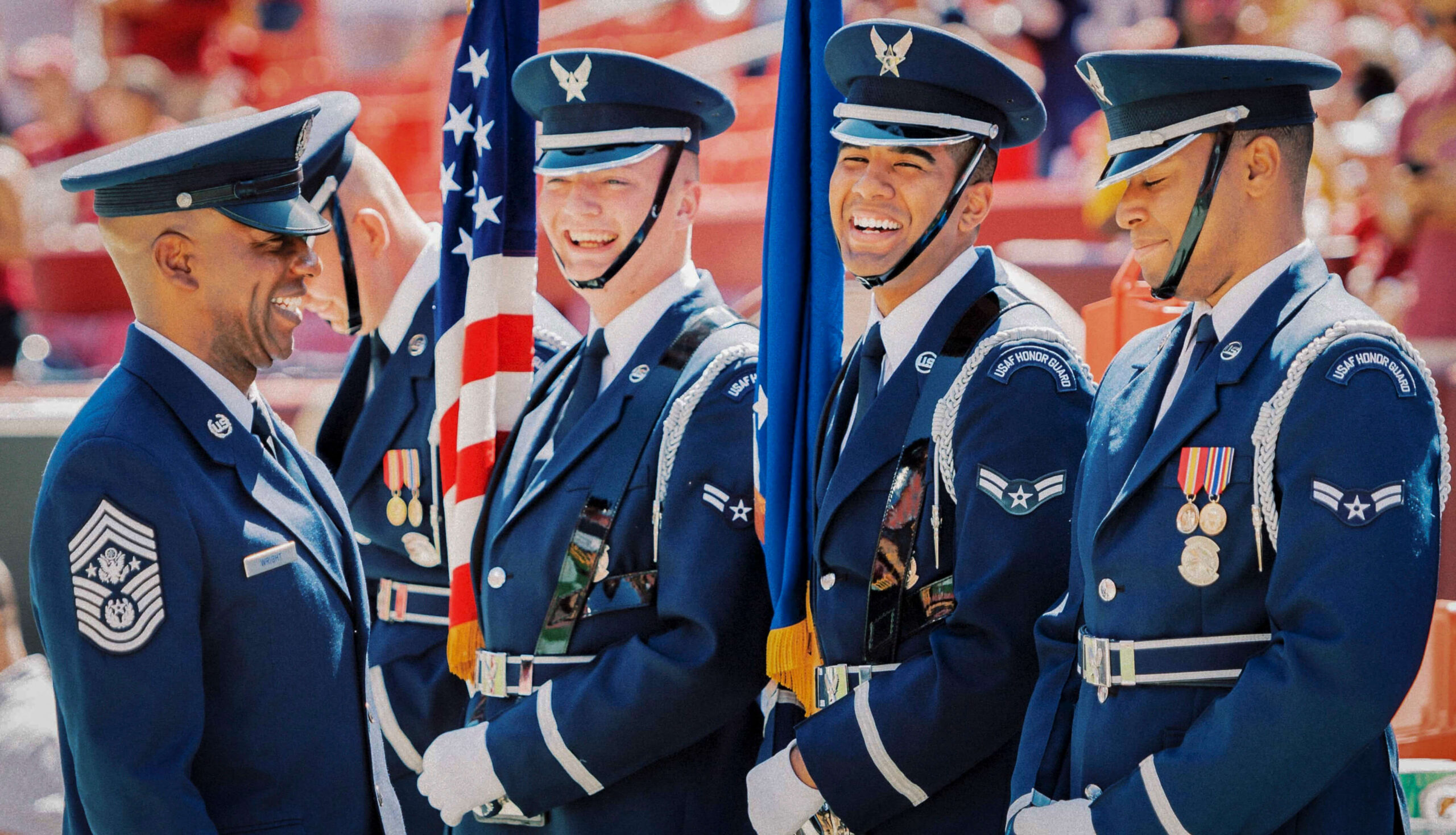The United States Air Force has seen an increase in the number of enlistment waivers issued to recruits who initially test positive for cannabis. This change comes as more states update their marijuana laws and policies, leading to a growing need for military branches to adapt accordingly. In 2020, the Air Force changed its policy to allow waivers for new recruits if they test positive for THC metabolites during their first drug screening. These potential service members are then given 90 days before taking another test, providing them with a second chance to join the ranks without a blemish on their record.
In the first year following this policy adjustment, the Air Force issued 165 waivers to recruits who tested positive for marijuana use. While the branch failed to meet its recruitment goal for the first time since 1999, General Christopher Amrhein, the Air Force’s recruitment service commander, suggested that the situation could have been much worse without the marijuana waiver program in place.
Enlistment Waiver Numbers Expected to Rise Alongside Legalization Movements
The Air Force anticipates an increase in the number of enlistment waivers issued as more states continue to ease restrictions and legalize cannabis use. This is a significant step forward for the military branch, which previously prohibited service members from using even non-intoxicating cannabidiol (CBD) derived from hemp, despite being federally legal under the 2018 Farm Bill.
This rising need for waivers can be attributed to the changing societal attitudes toward cannabis use, combined with increasingly lenient state laws. However, it remains crucial for military branches like the Air Force to maintain strict drug policies that ensure service members are not impaired while on duty.
Other Military Branches Confront Cannabis Policies
The Air Force isn’t the only branch of the US military grappling with how to address cannabis use among its ranks. Several other military branches have also established rules and guidelines for their service members in recent years, although policies can differ between them.
The Department of Defense (DOD) revealed that delta-9 THC is the most common substance found in positive drug tests involving active duty service members, followed by delta-8 THC, which appears in hemp-derived products. As a result, the DOD has expressed concerns about CBD-infused products compromising the military’s readiness for operations and subsequently prohibited their use by service members.
Both the Navy and Naval War College have taken similar stances, issuing notices restricting the use of CBD and hemp products among their personnel. These measures reflect an ongoing effort to balance individual liberties with maintaining safety and professionalism throughout all military branches.
House Approves Psychedelic Medical Trials Funding for Active Duty Service Members
In related developments, the House of Representatives recently approved an amendment to a DOD spending bill allocating $15 million in funding for “Psychedelic Medical Clinical Trials.” This initiative aims to explore the potential benefits of psychedelic treatments for active-duty service members dealing with post-traumatic stress disorder (PTSD) or traumatic brain injuries.
This approval marks a shift in sentiment regarding alternative therapeutic approaches to mental health within the military community. If these trials yield positive results, it could open new doors to treating PTSD and other conditions that disproportionately affect those who serve in uniform.
The Path Towards a Balanced Approach
As state laws and social attitudes surrounding marijuana use change, it’s increasingly important for military branches like the Air Force to find ways to accommodate these shifts while maintaining their commitments to safety and professionalism. The growing number of enlistment waivers granted shows a willingness to adapt to an evolving landscape. Still, there remains a need for continued vigilance and strict policies that ensure those who serve are prepared for whatever challenges they may face.
Ultimately, striking a balance between accommodating legal cannabis use outside of duty hours and maintaining zero-tolerance policies when service members are on the job will be crucial for all branches of the United States military moving forward.





